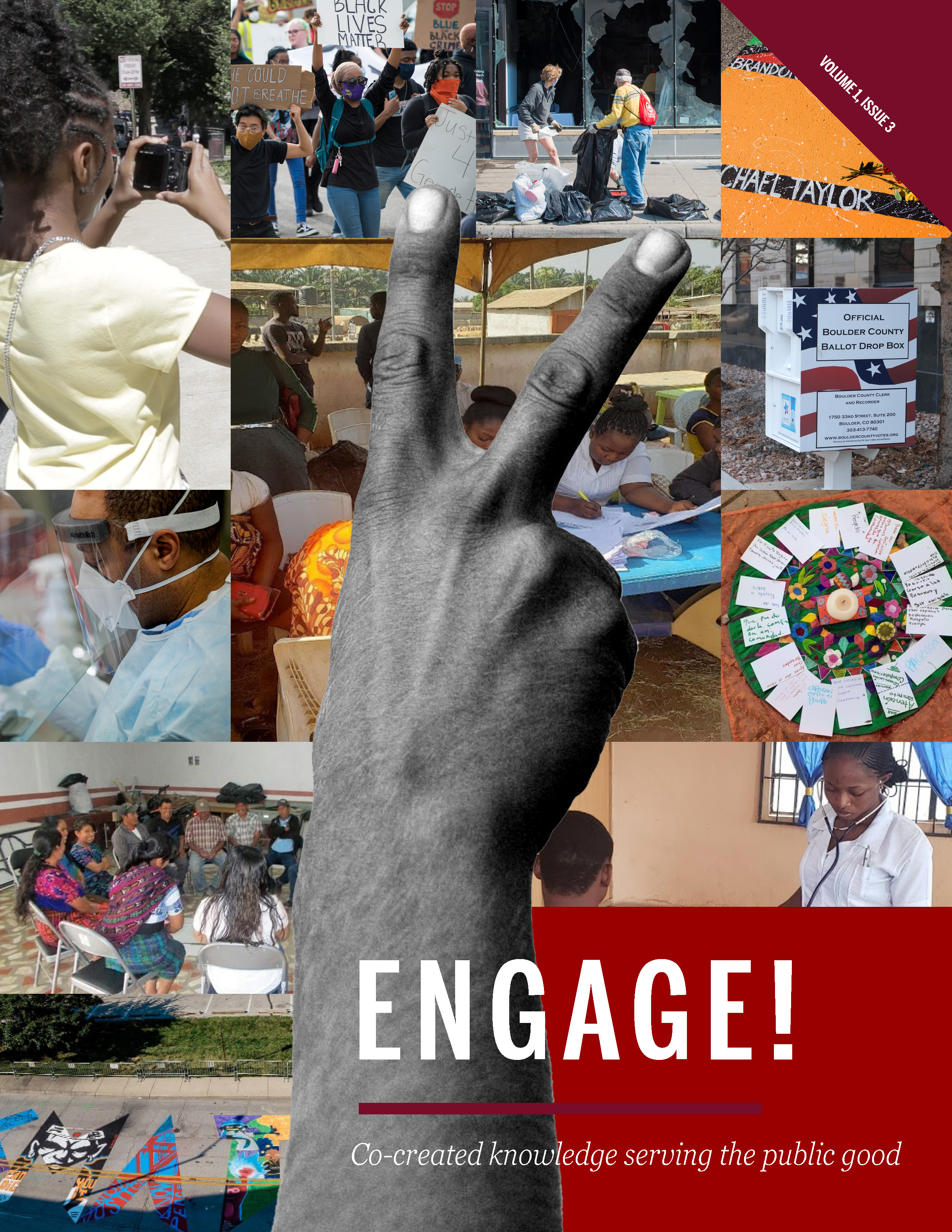Enacting Truth and Reconciliation Through Community-University Partnerships
A Grassroots Approach
DOI:
https://doi.org/10.18060/24047Keywords:
truth and reconciliation, racial terror lynchingAbstract
Truth and reconciliation efforts around the world demonstrate distinctive cultural approaches, motivations, and outcomes. Utilizing four international cases of truth and reconciliation in Canada, South Africa, Germany and South Korea, we first establish common processes in national or macro-level truth and reconciliation as a result of past atrocities. In the U.S., 4000+ documented racial terror lynchings took place between the years 1870-1950. In the absence of a national truth and reconciliation commission for racial terror lynchings in the U.S., we developed and applied a micro-level model and practices outlined by the Equal Justice Initiative to advance truth and reconciliation at the grassroots level, fueled by community-university partnerships. In this paper we detail components of our community-university partnership model that might allow communities across the United States to advance grassroots efforts in their own local context. We note that truth and reconciliation is an ongoing process that includes both macro (national) and micro (grassroots) level approaches rather than an outcome that will satisfy all stakeholders effected by the events.
Downloads
Published
Issue
Section
License
Copyright (c) 2020 Anthony James, Simran Kaur-Colbert, Hannah Hannah , Nytasia Hicks, Valerie Robinson

This work is licensed under a Creative Commons Attribution-NonCommercial 4.0 International License.

